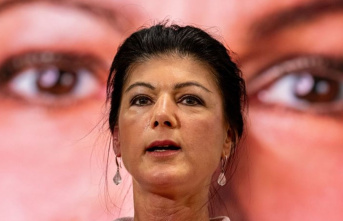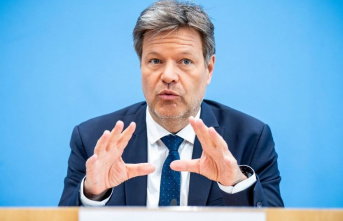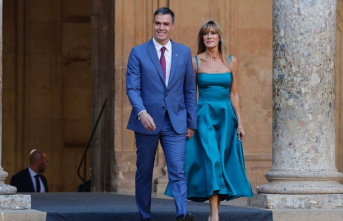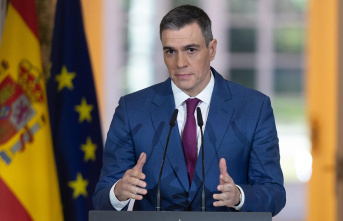Trump impeached President Donald Trump in late 2019, after he demanded "a favor" from Ukraine's leader, while withholding $400m in military aid to confront Russian-backed separatists. Even the most staunch defense hawks within the Republican Party were united behind Trump.
However, as Russian President Vladimir Putin's army marched towards Kyiv in February, threatening Ukraine and the rest of Europe with its military, Republicans and Democrats in Congress reacted to impeachment politics and rallied to Ukraine's cause and quickly shipped billions to President Volodymyr Zelenskyy.
As Ukraine fights Russia's relentless invasion, the question is now whether the rare bipartisanship at Capitol Hill can withstand Trump’s isolationist influences or whether Republicans who gave in to Trump’s “America First” approach to Ukraine will do it again, putting humanitarian and military support for Ukraine at risk.
In a recent interview with The Associated Press, Bill Taylor, a former Ambassador to Ukraine, stated that "Maybe there's a recognition on both Republican and Democratic sides that this security aid is very important."
"And maybe neither of those sides is eager to break that coalition."
As the Russian invasion drags along, the United States enters a more serious conflict before the November elections. This is when Congress faces voters who are vying for control.
Recent AP-NORC Center for Public Affairs Research polls show that Americans are less inclined to punish Russia for its war crimes if it is at the cost of the economy.
Although Congress managed to get strong bipartisan support to approve the $40 billion Ukraine package, which brings the total U.S. aid to the country to $53 billion since the beginning of the war, Trump's opposition to the latest round of aid was solely from the Republican side.
This is a warning sign about the strength of the bipartisan coalition Sen. Mitch McConnell, the top Republican in Congress from Kentucky, attempted to strengthen last month when he led a delegation to support Zelenskyy's side during a surprise visit to Kyiv.
McConnell explained to a Kentucky audience that there was an isolationist sentiment within his party, which he felt was wrongheaded.
Trump's initial praise for Putin's invasion in Ukraine as a "genius negotiating strategy" is what fuels the divisions within GOP. Trump has repeatedly criticized U.S. assistance to Ukraine, including last weekend at an event in Wyoming. Trump mocked the idea of America spending money abroad when its "parents are struggling" before the Senate votes on the $40 billion in aid.
Trump is contemplating whether to run for the White House in 2024. The persistence of Trump's "America First" foreign strategy approach raises questions about his party's ability to support a democratic Ukraine. While senators will vote this summer to expand NATO to include Sweden, Finland and other countries, Trump has repeatedly criticised U.S. military spending.












